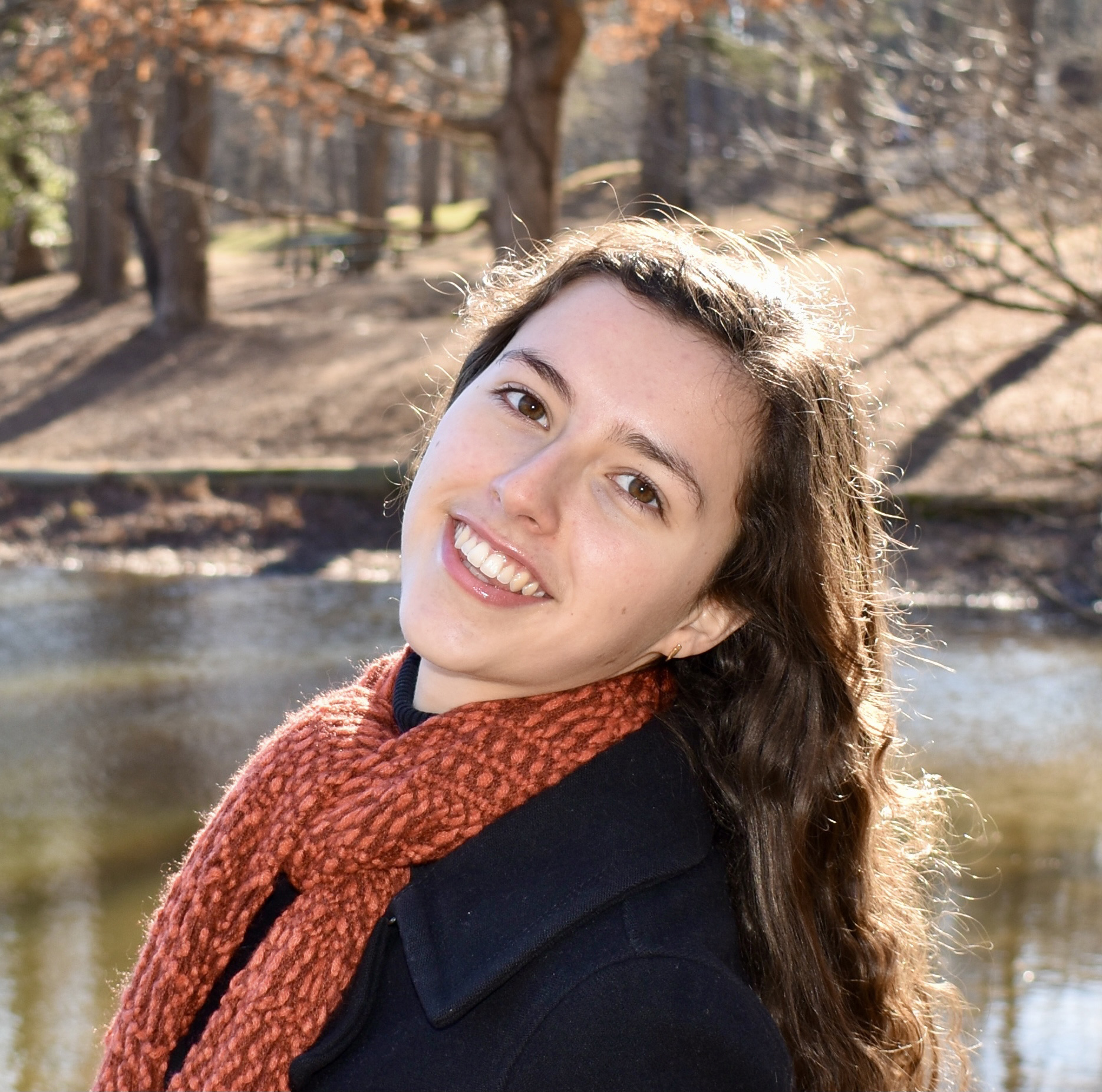Press Release
Aspiring Biologist Awarded Johns Hopkins APL’s Kershner Scholarship
Charlotte Ravel, a recent graduate of Reservoir High School in Howard County, Maryland, has been named the 2021 Richard B. Kershner scholarship recipient at the Johns Hopkins Applied Physics Laboratory (APL). The scholarship honors a student who demonstrates exceptional potential in science and math.
Ravel, who was an intern in the Space Exploration Sector as part of APL’s Student Program to Inspire, Relate and Enrich (ASPIRE), will continue her education this fall at the University of Maryland, where she plans to focus on biology and mathematics. She credits the work she did at APL for fueling her interest in the field while also challenging her thought processes.
“At APL, I learned to approach problems differently,” Ravel wrote in her scholarship application. “I am no longer looking for the specific formula or method I learned in school, but instead, asking the questions towards discovery. In my time at the Lab, I gained many skills, such as coding and graphical and spectral analysis, but most importantly I learned how to think and approach complex questions. I might not always use my new skills in my next project, but I will most certainly apply my newly acquired thinking to every project from now on.”
Under the guidance of her ASPIRE mentor, Shannon MacKenzie, Ravel studied infrared-bright features in the dune fields of Saturn’s moon, Titan, focusing on a particular feature near Titan’s equator that has properties similar to lake deposits on Earth. Ravel’s work will provide insight into the types of terrain NASA’s Dragonfly rotorcraft-lander — which APL is building — might encounter when it explores Titan in the early 2030s.
“For Charlotte’s first assignments, I asked her to read some papers on Titan with the warning that the literature isn’t written for high school students — even I have trouble sometimes,” said MacKenzie, a planetary scientist and member of the Dragonfly science team. “But when we came back to discuss the papers, I was really impressed with the questions she asked. Her questions revealed big-picture thinking that not only meant that she had the right takeaways from those papers but that she has the curious mentality of a scientist.”
APL established the Kershner scholarship in 1983 to honor the Lab’s former assistant director and first Space Department head. The scholarship awards $2,000 for college tuition or books.
“Programs like ASPIRE are great ways to show students that what they are learning in school has real-world applications,” said Katie Marcotte, an embedded design engineer in SES who also serves on the scholarship committee. “And I think the Kershner scholarship goes hand in hand with that; if we can reward or recognize these young individuals for what they are doing and encourage them to continue on, that benefits not only APL, but everyone involved.”
